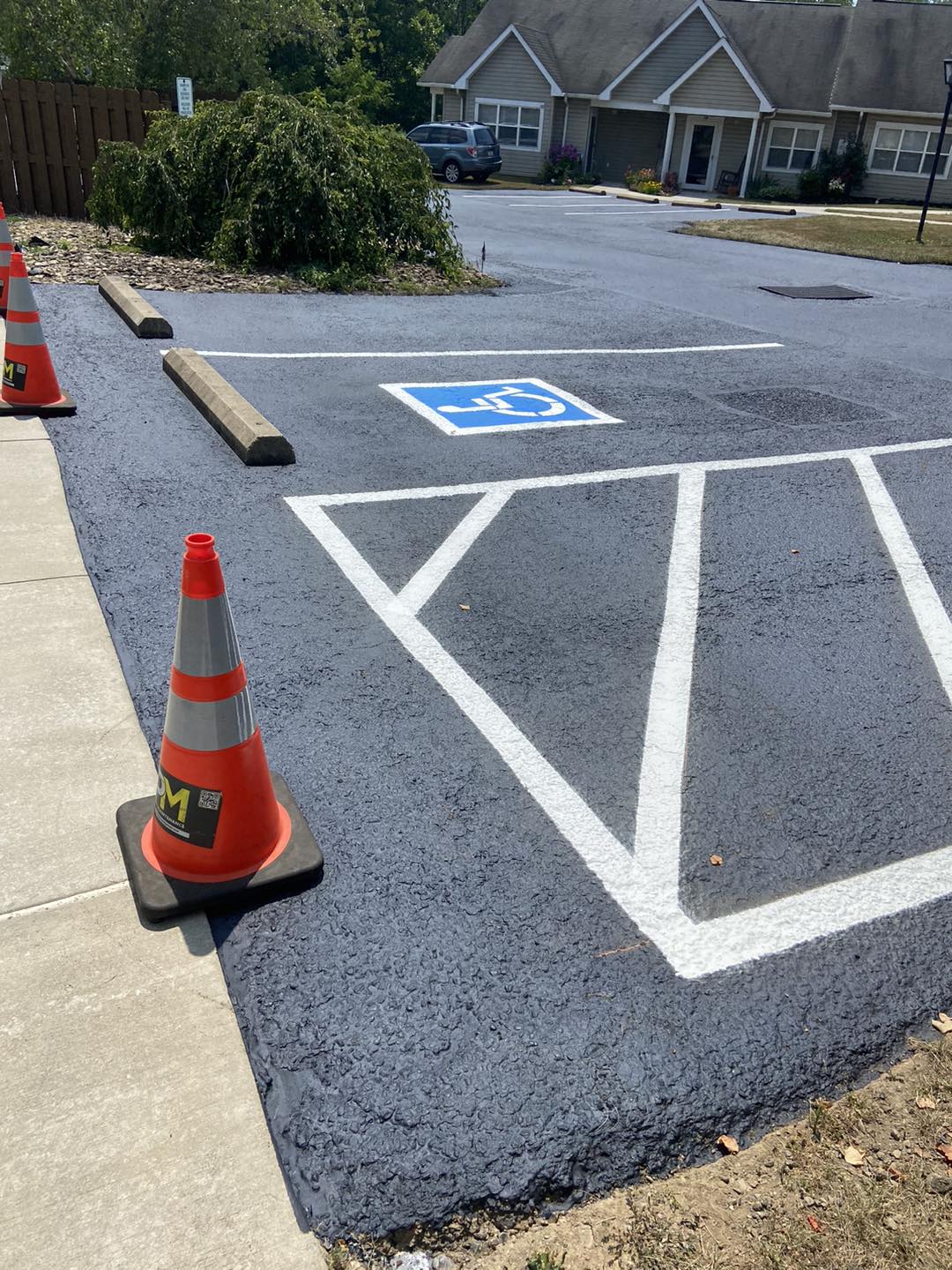
Eco-Friendly Paving Solutions: Sustainable Asphalt Options for Modern Projects Oct 07, 2025
Traditionally, asphalt production has been associated with significant energy consumption and emissions; however, the tide is turning with eco-friendly alternatives. One of the most prominent sustainable options is the use of recycled asphalt pavement (RAP). By reusing materials from old, worn surfaces, RAP minimizes the demand for new resources and reduces landfill waste. This recycled material maintains the durability and reliability of traditional asphalt, ensuring your surface remains strong and resilient under various conditions.
Another cutting-edge solution in sustainable paving is the incorporation of warm mix asphalt (WMA). Unlike conventional asphalt which requires heating to high temperatures, WMA is produced at significantly lower temperatures, reducing energy consumption by up to 50%. This method not only cuts down on greenhouse gas emissions but also improves construction efficiency, allowing for quicker road access post-application. Furthermore, the reduced need for heating means less fuel consumption, translating to cost savings reflected in project budgets.
Porous asphalt provides yet another eco-friendly option, especially useful in urban areas where stormwater management is crucial. This type of asphalt allows water to percolate through the surface, reducing runoff and mitigating the risk of flooding. By promoting natural water drainage, porous asphalt helps maintain the water table and lessens the environmental strain on local water treatment systems. This sustainable function not only contributes to environmental health but also enhances the durability of paved surfaces, as proper drainage reduces the likelihood of surface cracking due to water damage.
Additionally, the integration of bio-based additives in asphalt production presents another avenue to enhance sustainability. These materials, often derived from renewable sources like plant oils, replace non-renewable petroleum-based products in the asphalt mix. The result is a paving material with a reduced carbon footprint and similar performance characteristics. Bio-based asphalts promise to be a compelling option, particularly as technological advances continue to improve their applicability and cost-effectiveness.
For property owners and managers considering sustainable paving options, choosing eco-friendly asphalt solutions offers multiple benefits beyond environmental conservation. These options can lead to longer-lasting surfaces, lower maintenance requirements, and overall superior project outcomes. Furthermore, adopting these practices reflects positively on a company's image, showcasing a commitment to sustainability which can appeal to environmentally conscious clients and stakeholders.
In conclusion, the move towards sustainable asphalt options is an essential step in modern paving projects. Companies like Kuntz Property Maintenance are well-equipped to incorporate these innovative solutions into their services, enriching the potential for eco-friendly infrastructure development. By prioritizing recycled materials, energy-efficient production processes, and natural drainage solutions, such initiatives not only address pressing environmental concerns but also provide practical advantages for anyone in need of paving services.
As awareness grows and technology advances, adopting sustainable paving practices becomes not only the ethical choice but also the smartest investment in sustainable development. For your next project, consider the environmental and economic benefits of eco-friendly asphalt to ensure long-lasting, resilient, and responsible paving solutions.
/filters:no_upscale()/media/824368bb-df1a-49f0-92c5-7c00114e452a.jpeg)
/filters:no_upscale()/filters:format(webp)/media/7947dc02-909e-4273-9ba6-447f6695bc0a.jpeg)